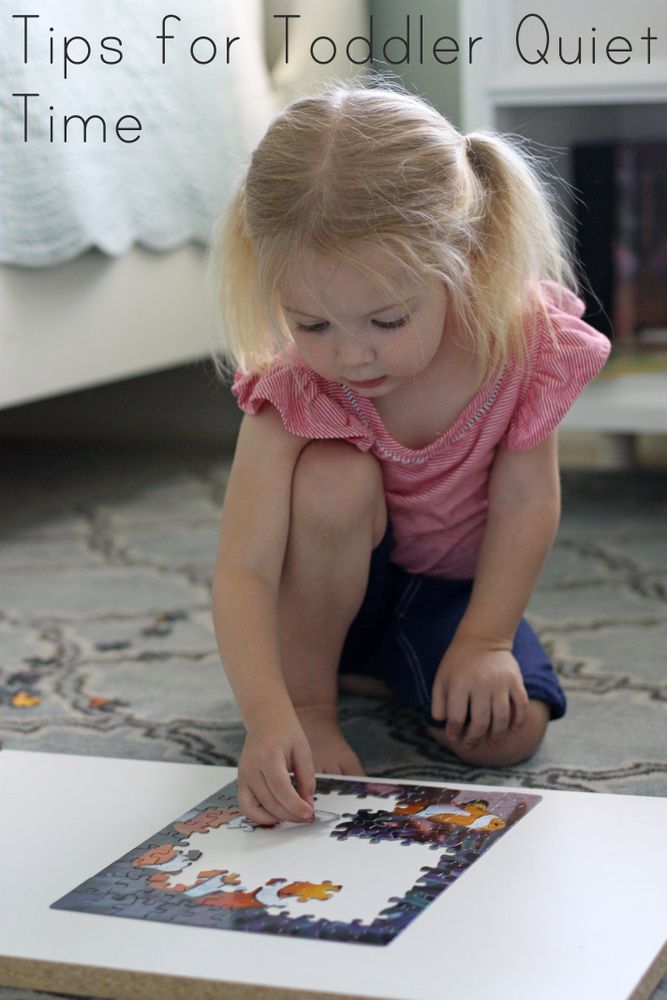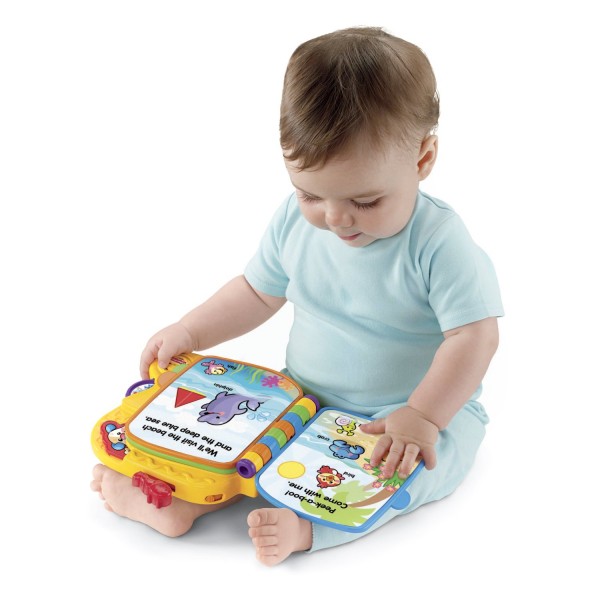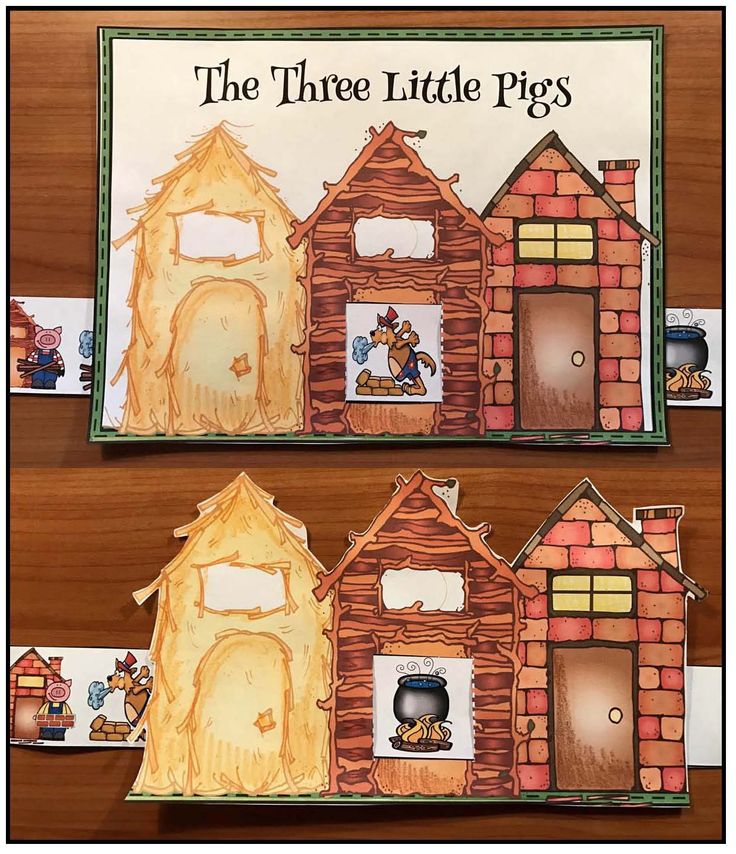Helping shy child
Is Your Child Struggling to Form Connections? Here Are Some Tips to Help Them
Written by Lilianna Hogan
It's completely natural for a child to feel shy. It's not uncommon for children to feel as though they are on display, to shy away from meeting new people, or to feel more comfortable watching from the sidelines rather than be in the middle of the action. However, there are ways you can support your child and help with their anxiety.
What Does Shyness Look Like in Children?
It's common for children to feel nervous in new situations or around new people. Unfortunately, our society often praises more outgoing personalities over introverted ones, and this can put pressure on children as they go through natural stages of development. In more naturally introverted children, this can cause feelings of self-consciousness.
Despite all this, shyness can be associated with the following benefits for children:
- Achieving academic excellence
- Listening and better following rules
- Being a great listener
Some signs that your child’s shyness might be severely impacting them and that they may need help coping with it include:
- Decreased social skills or involvement in socialization
- Fewer friends
- Less participation in enriching activities such as sports, dance, drama, or music
- Feelings of isolation, loneliness, unimportance, and self-consciousness
- Unnecessary stress over the opinions of others leading to a lessened ability for your child to reach their full potential
- Extreme anxiety
- Physical affectations like blushing, stammering, and trembling
Causes of Shyness
While each case is unique, some possible causes of your child’s shyness could be:
- Genetics.
Certain genes can affect a child's disposition and personality.
- Personality. Some people are naturally more sensitive and prone to intimidation from external circumstances than others. This could be true of your child.
- Learned behavior. Children often learn how to behave by watching their parents. If you are shy, you might be teaching your child to be shy.
- Family relationships. Sometimes, children who do not feel secure in their family or with the adults in their life become shy. Parents who are overbearing or overprotective can also instill shyness or fear in their children.
- Lack of social interaction. Children who are deprived of human interaction in the crucial first few years of their development may be shy.
- Intense criticism. Children who are teased, bullied, or otherwise criticized by important figures like parents, teachers, or friends tend to be shy.

- Fear of failure. Children who feel like they've failed or who have been continuously pushed beyond their limits can present as shy.
How to Help Your Child with Their Shyness
While shyness is a natural stage in development that your child will most likely grow out of, there are ways you can support them. Some things you can do to help them include:
- Never label your child as shy. If your child knows they're shy, they may start to criticize themselves when they exhibit shy behavior. The idea that shyness is bad or that it means there's something wrong with your child will only make them feel shyer.
- Accept your child. Never make fun of your child for being shy. Instead, make an effort to let them know you accept and love them as they are.
- Try to understand. Ask your child about their shyness. Try to understand their fears or hesitations about showing the world who they are.

- Let your child know you relate to them. Tell your child about times that you felt shy. Talk to them about how you felt better. Children look up to their parents, and knowing that you overcame your anxiety will give them an immense sense of strength and empowerment.
- Model confident behavior. There is no better way for your child to learn how to act than by watching you model it.
- Talk about the benefits of being outgoing. Share stories of how being outgoing has helped you in your life. Talk about behaviors you would like your child to adopt. Praise your child when they model these behaviors.
- Goal set. Set benchmarks for your child to hit to make them more comfortable socializing. Be sure to make the goals small and achievable. They could be as small as saying hello to one person each day.
- Expose your child to new things. Try to show your child new things and expose them to new experiences.
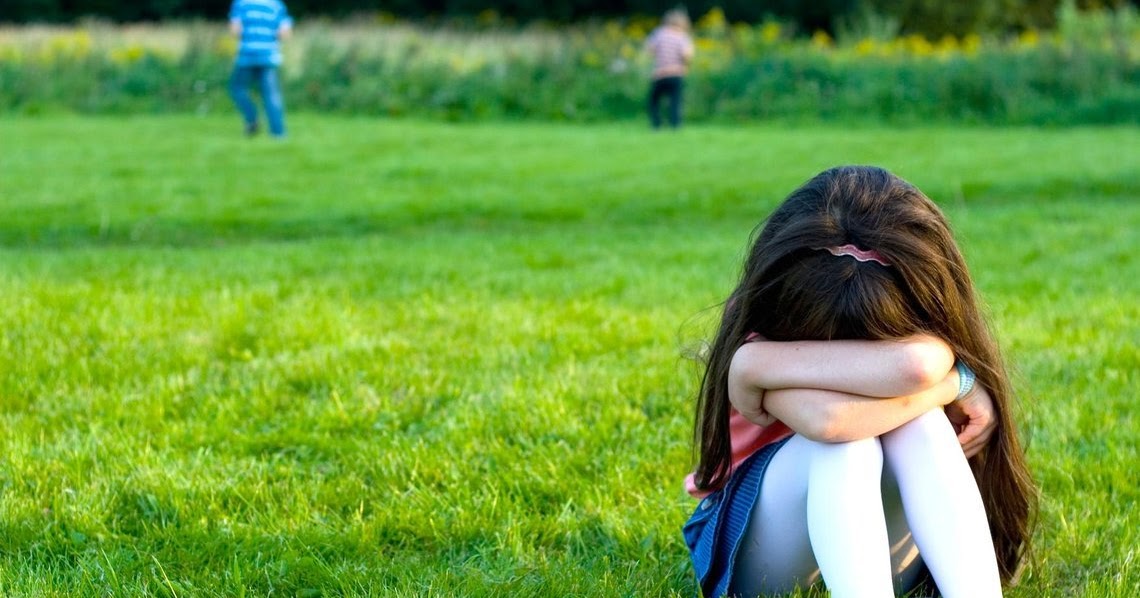 Be supportive if they exhibit more extroverted characteristics over time.
Be supportive if they exhibit more extroverted characteristics over time. - Make sure your child can do things they're good at. If your child can engage with activities they love and are good at, they can derive a great sense of purpose and confidence. Praise them when they are good at something and provide them with opportunities to do those things. By participating in activities they enjoy, they might even have an easier time connecting with children with similar interests.
How to help a child who is shy
All children, like adults, clam up in certain situations. Clinical Psychologist Dr Victoria Samuel gives some practical tips for helping to help hesitant little people grow in confidence
1. If you're worried that your child is too shy, it's vital you avoid labelling your child as shy or nervous, either directly to your child or when talking about them to others. Labels stick and rapidly lead to a self-fulfilling prophecy.
You may have banished all labels, but what happens if you keep coming up against “isn’t she shy” declarations from teachers, friends or family - said with conviction in front of your little one?
Ensure your child is left with a positive view of themselves by calmly and confidently bouncing by the generalisation with a subtle reframing: “Katie likes to think things through before rushing in” or “Danny likes to listen to others before sharing his views”.
If your child is upset or fearful, accept feelings with warmth and concern: “it sounds as if you’re feeling nervous, that’s understandable”.
2. Tempting though it may be, avoid dismissing or ‘taking away’ feelings eg “don’t be silly, big boys don’t get shy”. These kinds of comments lead children to feel that their inner states are not valid. This can be confusing and lead to anxiety.
Children whose feelings are accepted and supported by their parents tend to be much more ‘emotionally literate’, confident and secure.
3. Normalise doubts by talking about a generic other: “everyone feels unsure from time to time” or by referring to situations you find daunting and how you attempt to overcome them: “sometimes I feel worried about speaking up at work, but I always make and effort and feel good afterwards”. Use story books to introduce themes of facing fears or overcoming challenges.
4. Children learn social skills from watching others so model the kind of interactions you want to encourage: be warm and friendly with people you don’t know, introduce yourself to new people, ask people for help, give compliments to friends and thank others for their time.
5. Think about the specific situations that make your little one run for cover and identify skills that may help equip them for better managing these daunting scenarios. Use role play to help them rehearse these skills. For example if your child shrinks into the corner at birthday parties set up a party scene and use favourite toys or teddies to act out different interactions: giving the party girl their present; saying hello to other children; asking the adult where the toilet is; saying thank you on leaving.
6. Once you’ve practiced through play, gently encourage new activities by providing manageable opportunities for success. Take a gradual, step-by-step approach. For example, if you’re child is nervous about starting Brownies, take her along to watch the group for the first week, then suggest she joins in at the end for ten minutes the next week whilst you stay in the room. Then build up to leaving the room for brief periods. Before long, she will be bouncing into the group and happily taking part in the full session.
7. It’s crucial you hide any doubts or anxieties you may have about your little’s one’s ability to cope. Combine empathy for her feelings (see point 2) with confident assertions that you have faith in her: “Ahh, I can see you’re feeling a bit worried, but I’m really confident you’ll be able to handle it”.
8. It’s tempting when faced with a wary, cautious little person to step in to do things for them, however this can be counterproductive.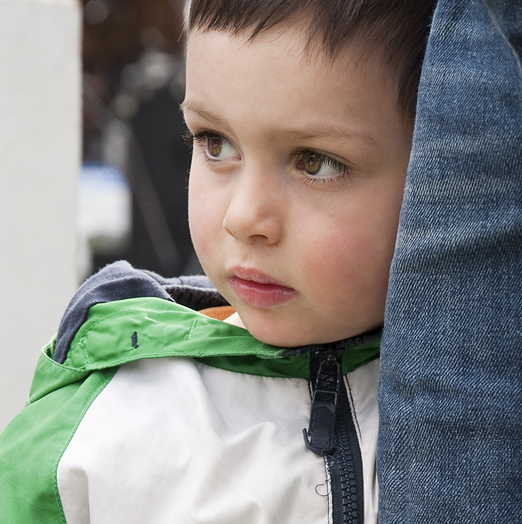 When your child is approaching new situations or learning new things, try to step back from interfering too much as this may make him hesitant and reliant on others. Let your child learn through exploration and trial & error; this will help him to develop a sense of personal mastery and confidence.
When your child is approaching new situations or learning new things, try to step back from interfering too much as this may make him hesitant and reliant on others. Let your child learn through exploration and trial & error; this will help him to develop a sense of personal mastery and confidence.
9. Help boost your little one’s self-esteem by using descriptive praise to clearly identify specific behaviours that you value: “you said hello even though you felt nervous, that was really brave”. This will help your child to develop an inner sense of achievement and pride.
10. Show physical affection and regularly and repeatedly tell your child how much she is loved. Warm, playful and affectionate interactions with your child will fill them with a sense of being valued and accepted; crucial for developing the inner self-confidence required for approaching and interacting with others.
11. If your child is chronically sad and withdrawn, is unable to face any social situations, has suddenly changed from being outgoing to quiet and anxious, or if they show absolutely no interest in interacting with others, it would be worth considering getting professional support. Make an appointment with your GP to discuss options.
Make an appointment with your GP to discuss options.
Friendship problems.......What can you do if your little one is having problems making - or keeping - friends? Our expert psychologist, Dr Victoria Samuel, explains
How to stay calm with your child: Bringing up children is rewarding and enjoyable but can also be very stressful and frustrating.Supernanny expert Dr Victoria Samuel gives her top tips for staying cool in the heat of the moment!
How to cope if you and your child are polar opposites: Some parents can see a lot of themselves in their child and feel instinctively attuned with their little one. For other parents, it is as if their child is from an entirely different universe! Our expert Dr Victoria Samuel gives her tips for getting close and reconnecting.......
Creative children have imaginary friends: Research from London’s Institute of Education has found that children with imaginary friends are often more articulate, confident and creative...
The magic of imaginary friends: Imaginary friends are a natural part of healthy child development.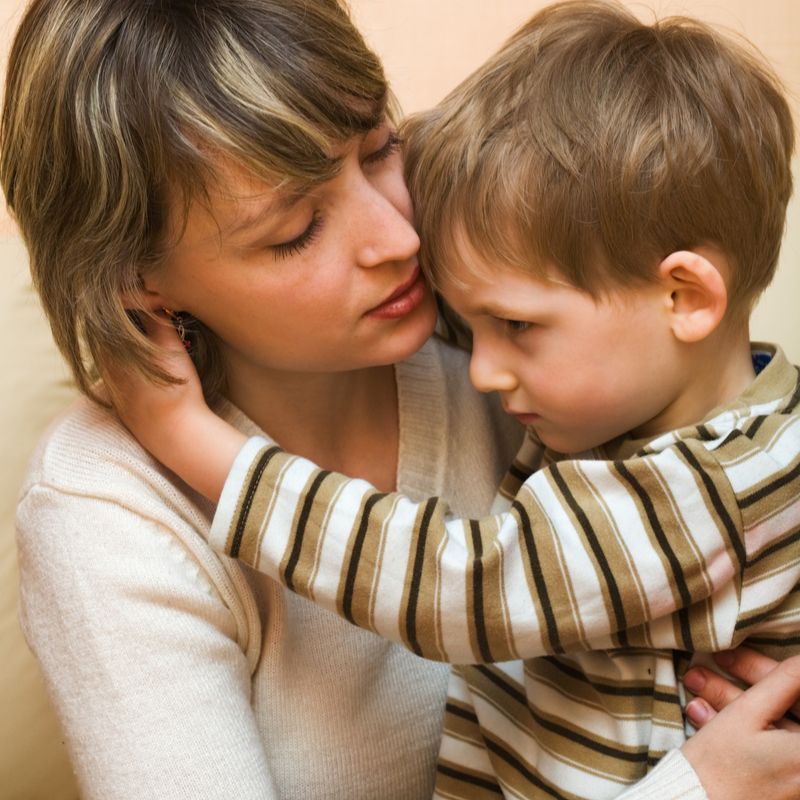 Children use their fantasy friends to practice verbal skills, boost their confidence and for role play.
Children use their fantasy friends to practice verbal skills, boost their confidence and for role play.
How to Get Your Child to Listen: Children’s selective hearing is a big source of frustration for parents! A child who is defiant, stubbornly refuses to cooperate and ignores simple requests can make every day feel like an uphill struggle.
How to deal with lying and encourage honesty: Honesty is a trait that is highly valued by adults so when children lie this can cause real concern for parents. It’s common, however, to be unsure how to handle lying; parents may flit between lecturing, ignoring and punishment. Supernanny expert Dr Victoria Samuel looks at why children lie, how to encourage honesty, and what to do if a child tells tales...
Blended Families: With one in three couples getting divorced and the majority of divorced couples remarrying, “blended families” are becoming increasingly common. Supernanny's expert clinical psychologist, Dr Victoria Samuel gives her advice on how to make the best of your new grouping!
Dr Victoria Samuel provides practical, professional guidance for common parenting concerns at Bristol Psychology Services.
How to overcome a child's shyness and insecurity
Shy children are similar to each other - they are indecisive, insecure, have difficulties in learning and communication. How often does it happen that, knowing the correct answer to a question, the child is perplexedly silent, and when he goes to the blackboard, he is covered with red spots and experiences panic fear. The situation escalates in the senior school age, when a teenager has to choose a profession and form a successful career. To prevent children's indecision from becoming a serious psychological problem, it is very important to know how to help a child overcome shyness.
Causes of shyness in children
Of paramount importance in overcoming child shyness is the determination of its root cause and provoking factors. Possible reasons include:
- difficult family relationships;
- fear of failure;
- psychological trauma;
- personal characteristics of character;
- Borrowed behavior.

Only an experienced psychologist can determine the real cause of the problem. If your child experiences anxiety and difficulties in communication, difficulties in adapting to school and kindergarten, you can get professional psychological advice at the Rostum Academy educational center. Qualified specialists will help you build harmonious relationships in the family and tell you how to overcome the shyness and insecurity of the child .
How to save a child from shyness: advice for parents
The main task of parents who are faced with the problem of child shyness is to help the student become self-confident, raise his self-esteem and develop a positive self-perception. What can parents do in such a situation?
- Encourage communication and don't scold shyness. Praise the child in those situations when he was able to master himself in an unfamiliar environment or met a new friend. Encourage him to talk more. And never scold for fear.

- Consciously create new situations. Invite guests to your home more often, encourage your child to participate in contests and competitions, enroll him in the sports section.
- Never single out shyness as a negative trait. On the contrary, in communicating with other people, try to emphasize the delicacy, restraint of your own child.
- Give the children a pet (such as a dog). Daily walks with a four-legged friend will expand the horizons of your children and contribute to new acquaintances.
These recommendations will be especially effective for children of primary school age. However, in the case of adolescent shyness, a different approach is required. At the age of 13–15, each person undergoes a reassessment of internal values. And it often happens that many teenagers negatively evaluate their own "I", considering themselves uninteresting and insignificant to others. In this situation, it is very important for parents to support the child and show the value of his opinion.
Games and exercises to overcome childhood shyness
There are many games and exercises that can help your child get rid of shyness.
- Exercise "If only I were bolder" - take turns with the child to make arguments in favor of courage and self-confidence by modeling various situations. Depending on the simulated situations, the exercise can be used both for younger students and for teenagers.
- Game "Live illustration" (for children 5-12 years old) - the parent reads out a poem (story, fairy tale), inviting the child to illustrate the heard emotions with facial expressions and gestures. Agnia Barto's poems, filled with childhood experiences and subtle humor, are best suited for such a game.
- Exercise “Who has more reasons” (5–12 years old) — participants in the game choose a statement (for example, “reading is useful because ...”) and take turns giving arguments for its correctness.
 It is best to choose life situations for such an exercise and play together.
It is best to choose life situations for such an exercise and play together.
When do you need professional help?
If a student cannot get rid of shyness on his own, and it becomes especially debilitating, it is necessary to seek professional help. Psychological consultations, relaxation programs, stress management and trainings on the topic "How to overcome a child's shyness" will be useful for shy children.
Special training "I'm sure" was also developed by the Rostum Academy. It is conducted using effective methods (testing, role-playing, group discussions) and is focused on overcoming various manifestations of insecurity, shyness and shyness. Also, the Rostum Academy offers courses to prepare children for school and has developed a number of useful training programs for young pupils.
Now you know how to overcome your child's shyness, and you can develop a strategy for developing communication skills and overcoming his self-doubt. As soon as your child gets rid of painful shyness, a whole world of bright colors and impressions will open up for him, he will study better, and in the future he will become a successful person! Believe in him and help you become more confident and brave.
how to help a child overcome shyness?
home
Parents
How to raise a child?
Shy baby: how to help a child overcome shyness?
- Tags:
- Expert advice
- 3-7 years
- social circle
- help the child
At home, your baby seems to never stop talking and accompanies all his actions with chatter. But as soon as he finds himself in a new environment, for example, on a playground where there are a lot of unfamiliar children, he turns into the most shy child in the world, hides behind your legs and refuses to come out.
Many parents think that it is not so bad to have a shy child. A little shyness is unlikely to interfere with the child, but in a more pronounced version, it negatively affects his desire to explore and learn about the world, narrows his social circle, and can even have a bad effect on academic performance in elementary school.
Bernardo Carducci, physician and author of books on shyness, claims that some teenagers turn to alcohol and drugs to cope with their shyness. There is another frightening consequence of "untreated" stiffness - such children become easy prey for hooligans among their peers.
There is another frightening consequence of "untreated" stiffness - such children become easy prey for hooligans among their peers.
How to distinguish ordinary caution from painful withdrawal at an early age?
How to distinguish healthy shyness from unhealthy?
Shyness is a state of mind caused by self-doubt or lack of social skills. But at the same time, timidity is a natural stage of development: it is a method of adapting to new situations.
In childhood, every person experiences two phases of fear of strangers: the first - at six months and the second - from two to four years. These processes are connected with the recognition and differentiation of oneself, people and the rest of the world.
But there are times when shyness becomes a problem. Such children, according to doctors, have other behavioral problems. And if you watch them, then anger and strong fear will become noticeable - frequent neighbors of shyness.
If you notice that your child is showing signs of unhealthy shyness, then I as a Parent recommends that you spend some time on this. Here are seven tips on how to do this.
Here are seven tips on how to do this.
8 tips for parents of shy children
1. Prepare the child to talk
Let's consider a situation in which you suddenly meet an old friend in the store who has not yet met your baby. And in response to questions, the child is silent and looks at the floor.
How to help a child in such a situation? Before introducing them, talk to a friend for a while. Let the baby see that you are comfortable with this person. This will calm him down and he will be ready to speak. But if the child refuses, do not insist, after the store ask why he was uncomfortable.
Practice the dialogues. Together with your child, make a list of expressions that the baby can use in conversation with peers, caregivers or teachers, your friends, family members. Then rehearse the dialogues: switch roles until the child feels confident and begins to communicate independently and freely with you.
2. Show your baby how to initiate communication
Another awkward situation can happen on the playground. You go there one day and you don't see a single familiar face. And your baby is shy about making friends with other guys.
You go there one day and you don't see a single familiar face. And your baby is shy about making friends with other guys.
What can you do in such a situation? Encourage your child to help other children with their play, such as offering them a toy. Also, a few compliments made by you towards the guys can help to loosen up.
3. Prepare your child for noisy holidays in advance
Before holidays or other noisy events in kindergarten or at home, tell your child what will happen at the holiday, who is invited, what will be done.
Phillip Zimbardo, a well-known psychologist who studies childhood shyness, in his recent book The Shy Child, recommends that parents of shy kids find younger friends for them. This helps children to liberate themselves, because communication with a younger child makes them feel leadership and responsibility, which is so necessary for timid children. After that, the child will be able to communicate more confidently with peers.
4.
 Watch yourself
Watch yourself A common cause of children's shyness lies in the behavior of parents: criticism, public shame, excessive control of every step of the child. At the same time, such behavior is not balanced by manifestations of parental love and praise.
Observe yourself and think about how you can change the way you treat your child to help him open up.
5. Do not give conflicting commands
Katerina Murashova, psychologist and author of books on parenting (https://www.ya-parental.ru/parents/base/), argues that conflicting instructions influence a child’s isolation and asociality parents.
When a baby simultaneously hears “leave me alone,” “where did you go,” “stay out of your way,” “come to me,” and the like, he does not understand what he needs to do to make mom and dad happy, and withdraws into himself.
6. Do not discuss the child's behavior with other people
Do not focus on the child's shyness. Do not discuss the child with relatives and friends in his presence.



